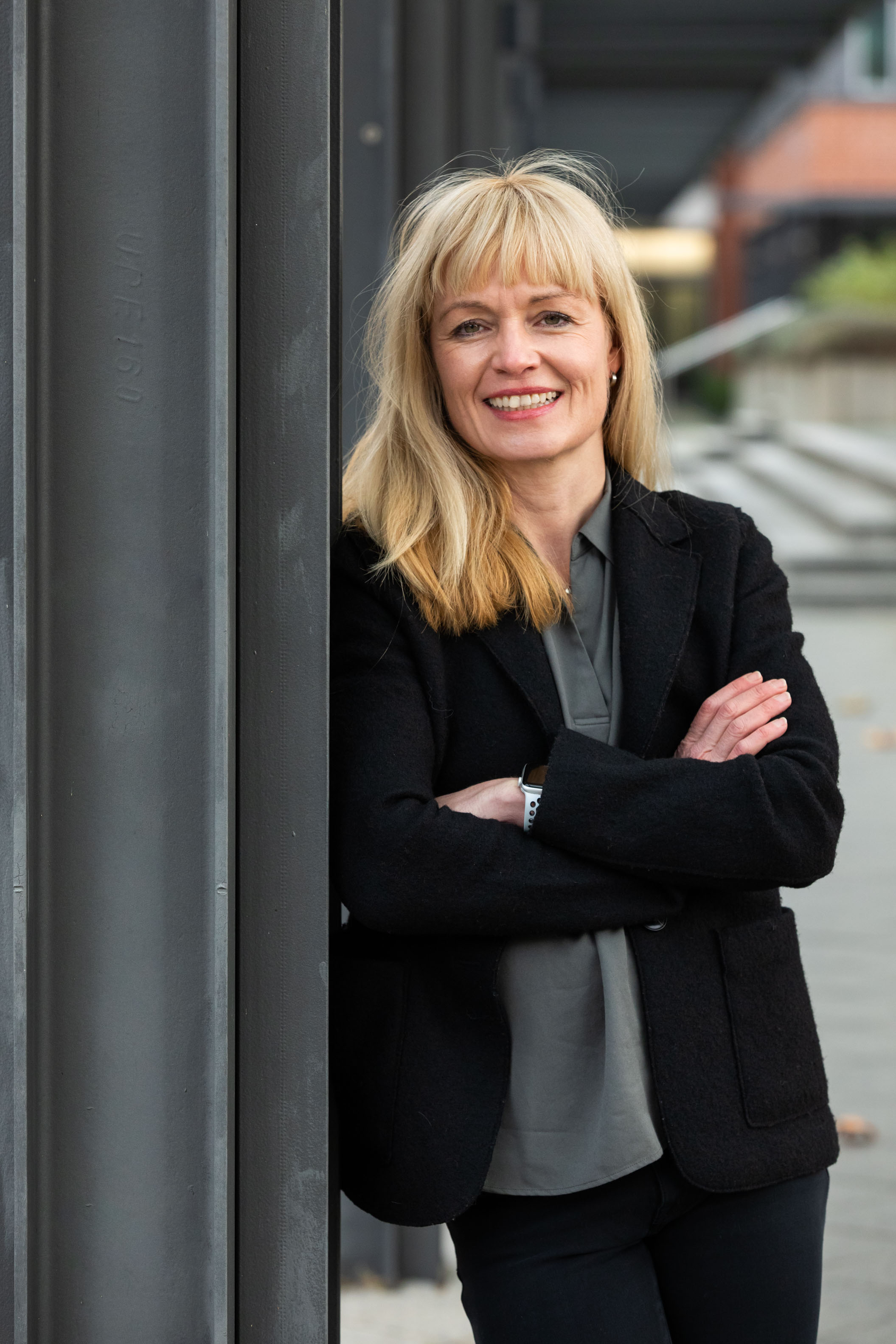The operating result (EBIT), however, dropped to €167.8 (185.6) million. The negative currency effects impact revenue and earnings. The announced expansion of research & development (R&D) activities as well as of distribution resulted in additional expenditure in the amount of €30 million in the first nine months. The company used this expenditure to create a basis for long-term growth.
In the entire 2013/2014 year, a total of more than €13 (11.6%) million of planned sales revenues were spent on research and cultivation. The focus of research activities remains at the headquarters in Einbeck. As of the coming fiscal year, KWS will start work on a second research location in the USA. “This strengthens our position in global crop science, while expanding our presence on one of the most important seed markets,” explained Philip von dem Bussche, CEO of KWS SAAT AG. “Now we can take another important step in China, after the Chinese Ministry of Agriculture approved our joint venture with our long-standing partner Beidahuang Kenfeng Seed Ltd. The joint venture will now build the necessary structures in order to start its operating business in the 2015/2016 fiscal year.”
Increase in sales of corn in North America despite the reduced acreage
The Corn segment remains the greatest revenue driver of the group. Sales revenues increased mainly through a strong increase of 7.1% in South America and southern Europe to €561.3 (524.2). Sales in North America increased despite the decreased corn acreage due to the increased sowing of soy. Exchange rates had a negative impact in South and North America and in Eastern Europe. The EBIT decreased by 1.5% to €103.5 (105.1) million.
In the sugarbeet segment the high demand in North America and in large parts of northern Europe favored the development. Revenue increased by 4.7% to €259.2 (247.5) million. The revenues that were higher than in the previous year partly offset the higher R&D and distribution expenses, so that the EBIT in the segment decreased only slightly to €75.6 (76.8) million.
The trade in Cereals segment was characterized by a changed relation between the price of rye and wheat. While the rye price was still above the wheat price in the previous year, this trend reversed in the current fiscal year and led to a reduced demand for rye seeds, especially in Germany and Poland. Subsequently, revenue decreased to €97.2 (104.8) million. The EBIT reached €25.4 (31.9) million due to the changed sales mix and the increased expenses for research and distribution. In addition, KWS agreed with the family shareholders of KWS LOCHOW GMBH upon the acquisition of the remaining 18.9% of the company shares. The relevant acquisition contract was notarized on May 26, 2014. The transaction should be completed in the current fiscal year. The family shareholders plan to remain invested in the sector and to acquire the shares of KWS SAAT AG with a part of the revenues if necessary.
The result in theCorporate area amounts to –€36.7 (–28.2) million. The cross-segment function costs and research expenses of the KWS Group are pooled in the corporate segment, which are compensated for by revenues from agricultural farms. In the first nine months, these amounted to €4.0 (4.4) million.
In accordance with our sustainable growth strategy, the total investments of the KWS Group increased to €48.8 (41.7) million in the first nine months of the 2013/2014 fiscal year. Of this amount, €43.3 (38.7) million were accounted for by tangible fixed assets. As in previous years, the implemented investments substantially exceeded amortization in the amount of €29.2 (25.8) million.
Outlook: KWS increased its revenue
Despite the negative currency developments in some major regions, the KWS Group anticipates a revenue growth of up to 3% to approximately €1.2 (1.1) billion for the total 2013/2014 year.* The EBIT will reach approximately €134 (150.7) million due to increased expenses for R&D, the development of distribution structures, and negative currency effects. This corresponds to an expected EBIT margin of 11.4% (13.1%). “Given the efforts made for the future, this is still a high level,” stated Philip von dem Bussche.

